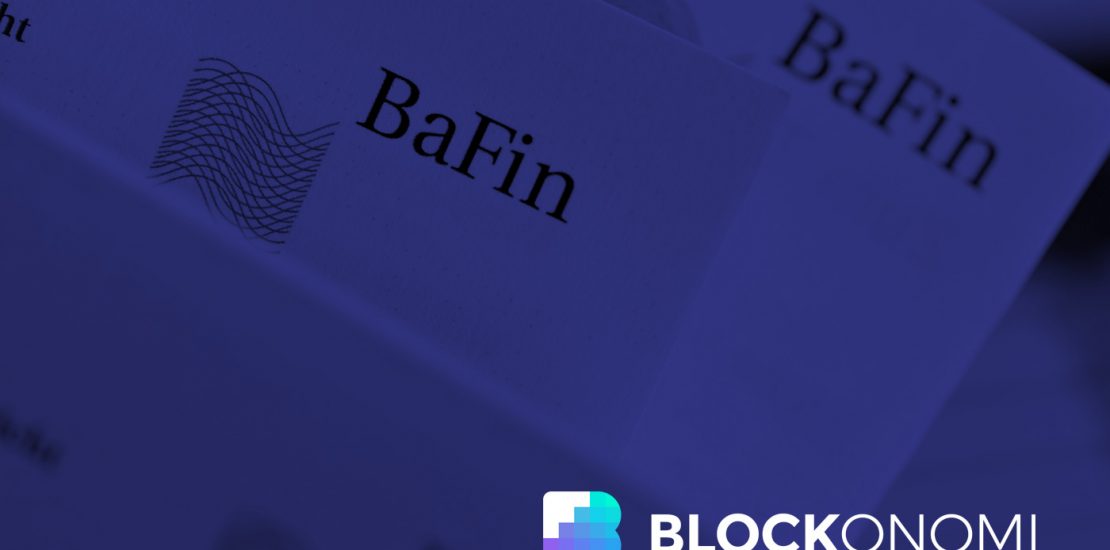- April 30, 2021
- Posted by: admin
- Category: BitCoin, Blockchain, Cryptocurrency, Investments


The Federal Financial Supervisory Authority (BaFin), Germany’s financial watchdog has warned that Binance could be fined up to €5 million for offering security/tracking tokens without compliance with local regulations.
The cryptocurrency exchange, one of the biggest in the industry, recently announced that it would be adding tokens tracking Microstrategy, Microsoft, and Apple stock, in addition to the already existing Coinbase, and Tesla-tracking tokens, with all of them being denominated in Binance USD (BUSD).
Later on Wednesday, BaFin announced that the tokens for Tesla, Microstrategy, and Coinbase had been deemed to be “suspicious” as no prospectus was issued, a violation of European Union securities laws.
The statement by BaFin said:
“BaFin has grounds to suspect that Binance Germany is selling shares in Germany in the form of ‘share tokens’ without offering the necessary prospectuses. Please bear in mind that securities investments should only ever be carried out on the basis of the necessary information.”
As a result of this violation, Binance could be fined €5 Million (about $6 million) or 3% of the company’s turnover in 2020.
Binance Might be Breaking Laws in Other Countries
The German regulatory agency is not the only entity to raise concerns about the legal compliance of Binance’s new tokens, as the Securities and Futures Commission (SFC) of Hong Kong might consider the exchange’s marketing campaign to be a violation of local securities regulations.
According to reports, Binance doesn’t seem to have a license to trade or even market security tokens in the country, which would put it in a place of legal liability.
As Binance is marketing the tokens as Security Tokens, that would make the activity fall under the prevision of securities laws as such tokens are “likely to be securities, according to the SFC.
The United Kingdom’s Financial Conduct Authority has been reported as working with the exchange to understand how the new product would be affected by the existing legal framework and how the exchange can be marketed in the country.
According to lawyers consulted with by the Financial Times, Binance’s tokens were considered to be in a gray area due to the exchange’s website not defining them as either a security or derivative at the time, which is the reasoning behind BaFin’s request for a prospectus.
While at this time no more countries have commented on legal irregularities concerning the tokens, this lack of clarity could create further confusion in the future.
Germany Opens the Doors to Institutional Crypto Funds
Despite the confusion created by Binance’s new tokens, Germany is set to approve legislation that would allow 4000 Spezialfonds, funds that a low a more lenient regulatory framework and are limited to institutional investors, to allocate up to 20% of their fund to crypto assets.
The legislation is expected to start applying on July 1st and has been considered a major milestone for the cryptocurrency industry in Germany, as it further increases the legitimacy of crypto at a time when it is receiving major media attention around the world.
German parliamentarian Frank Schäffler referred to the new legislation in an interview with Decrypt by stating that:
“The addition of crypto assets in Spezialfonds is an important step for their acceptance. Here, the law is going in the right direction and we expressly welcome it.”
The application of the new legislation will also drive a new wave of investment by the European Union’s largest economy, which seems to be opening up to the growing cryptocurrency industry.
Binance, like many companies that are operating in the crypto economy, is beginning to face more legal challenges. There is no way to know where regulators are going on this, but the crypto space is resilient.
The post BaFin: German Government Warns that Binance Might Violate Local Laws appeared first on Blockonomi.
